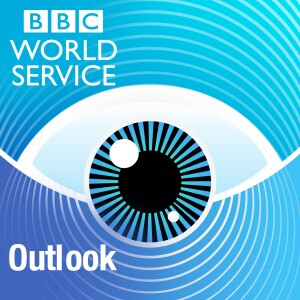
Elizabeth Anionwu spent her earliest years in a British children’s home. Her mother, a promising Cambridge University student, got pregnant by accident following a relationship with a Nigerian law student at the same university and was forced to give her baby up.
Although Elizabeth’s mother was loving and always kept in touch, Elizabeth’s childhood was unsettled. For many years she was the only mixed-race child in the children’s home, and when she left the institution, to live first with her mother and stepfather, and later with her grandparents, Elizabeth never felt wholly accepted.
Despite her academic potential, Elizabeth’s family ended her schooling at 16. She quickly found a job as a nursing assistant, and from there went on to train as a nurse. It’s a profession on which she has had a huge impact, championing the rights and care of patients with sickle cell anaemia and becoming Britain’s first sickle cell nurse specialist. Now Professor Dame Elizabeth Anionwu, she’s regarded as a pioneer in her field, but it was only later in life that she felt a true sense of belonging. A question to her mother about her father’s identity set a chain of events in motion that would lead to a treasured reunion – not just with her father, but with a wider Nigerian family who treated her from the start as one of their own.
More Episodes
 2022-04-12
2022-04-12
 2022-03-28
2022-03-28
 2022-03-17
2022-03-17
 2022-03-15
2022-03-15
 2022-03-10
2022-03-10
 2022-03-07
2022-03-07
 2022-03-05
2022-03-05
Create your
podcast in
minutes
- Full-featured podcast site
- Unlimited storage and bandwidth
- Comprehensive podcast stats
- Distribute to Apple Podcasts, Spotify, and more
- Make money with your podcast
It is Free
- Privacy Policy
- Cookie Policy
- Terms of Use
- Consent Preferences
- Copyright © 2015-2024 Podbean.com





